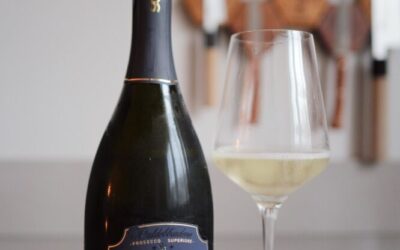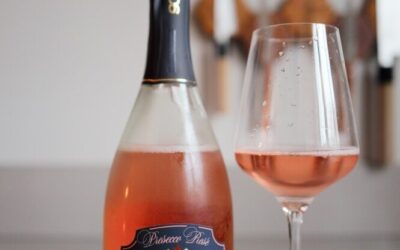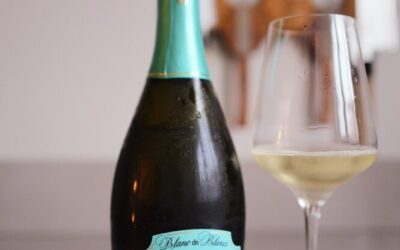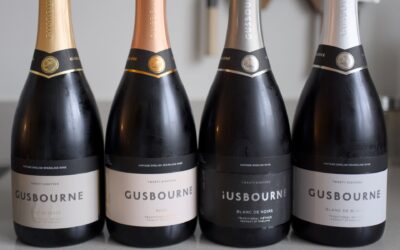This collaborative wine dinner showcased two Italian estates committed to preserving indigenous grape varieties and pre-industrial winemaking traditions. While the evening demonstrated unique terroir expressions, it also revealed the challenges facing producers who prioritize historical authenticity over commercial appeal.




When History Meets Hospitality
The evening at Amsterdam’s Testamatta restaurant brought together Tuscany’s Fattoria Fibbiano and Sicily’s Tenuta Antica Cavalleria—two estates that rejected the international variety trends of recent decades. Instead, they chose the challenging path of preserving native grapes that have grown in their regions for centuries.
Both wineries share remarkable authenticity. Fibbiano focuses on Pisa Hills indigenous varieties with research from the University of Florence, while Tenuta Antica Cavalleria maintains 1894 pre-phylloxera Etna vineyards through the Produttori Etna Nord consortium.




The Tuscan Stars: Innovation Meets Tradition
Colombana: A Unicorn Wine
Fibbiano’s Colombana emerged as the evening’s revelation. Dismissed initially as a table grape, university research identified clones with exceptional winemaking potential. The wine displayed remarkable salinity, floral notes, and herbal complexity—characteristics from fossil-rich soils where the Pisa Hills were once a seabed.
Most remarkably, Fibbiano appears to be the only producer worldwide making varietal Colombana, creating a direct connection to monastic winemaking traditions. The wine pairs exceptionally well with food and handles intense flavors remarkably well.
Ciliegiolo: Versatility Perfected
Their Ciliegiolo demonstrated how traditional varieties benefit from modern techniques. Cold fermentation produced 100% varietal wines with pure expression, showing lots of cherries, strawberry, and acidic red berries. Served at room temperature, it paired beautifully with meat; chilled to 12-15°C, it excelled with fish.
The Sicilian Heritage: Ancient Vines, Modern Challenges
Etna Bianco: Volcanic Purity
The Etna Bianco showed pure high-altitude volcanic terroir expression—very pure with rustic apple notes, whole body, and distinctive salinity. The combination of volcanic minerality and altitude creates a beautiful balance between fruit and structure, although it sometimes lacks the compelling personality of leading Etna producers.
Etna Rosé: The Evening’s Triumph
Made from 100% Nerello Mascalese at an altitude of 600 meters, this rosé achieved remarkable depth. Tasting notes revealed: very serious, herbal, with notes of strawberries, raspberries, rosemary, a salty finish, whole body, and hints of gooseberries and rose petals. The wine excelled both on its own and with food—excellent with fish and steak tartare, capturing both the saltiness and herbaceousness.
Testamatta: The Perfect Stage
Chef Roberto Borelli and sommelier Francesco created ideal conditions for appreciating these unique wines. Their authentic Italian approach allowed both estates’ wines to shine in proper context—as part of complete dining experiences rather than isolated tastings.
The restaurant’s intimate setting and genuine understanding of Italian wine culture framed the evening as cultural education rather than simple wine tasting.
The Broader Challenge: Authenticity vs. Appeal
While the evening successfully showcased unique terroir expressions, it highlighted challenges facing heritage-focused producers:
Limited Appeal: Some wines felt more educational than hedonistic, requiring extensive explanation to be fully appreciated.
Production Constraints: The limited output of both estates means these wines remain curiosities rather than serious commercial alternatives.
Market Reality: Ancient winemaking methods sometimes produce wines that lack the immediate appeal modern palates expect.
Key Insights for Wine Enthusiasts
The evening provided valuable lessons:
- Terroir over technique often produces more interesting wines than technical perfection
- Food pairing is essential for traditional wines to show their best qualities
- Historical wines offer unique experiences that cannot be replicated
- Authenticity costs significant commercial potential but preserves cultural heritage
The Verdict
This dinner represented Italian wine culture at its most authentic, demonstrating estates committed to preserving viticultural heritage regardless of commercial considerations. While the wines may not consistently achieve modern concentration and appeal, they offer irreplaceable connections to Italy’s winemaking history.
For serious wine enthusiasts, such experiences provide insights into Italian wine culture that cannot be found elsewhere—particularly when presented in settings like Testamatta that truly understand and respect traditional wine culture.
The evening succeeded as cultural education while honestly revealing both the rewards and challenges of prioritizing authenticity over commercial appeal.
Thank you very much for inviting VinoVonk to this event!








